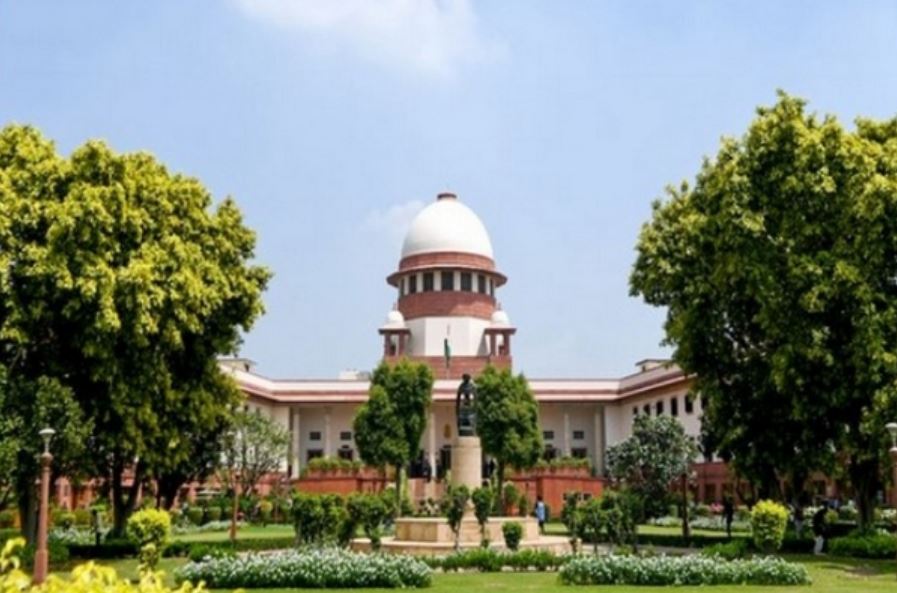
New Delhi: Kerala Government has moved the Supreme Court against Governor Arif Mohammed Khan's decision to reserve seven bills for the assent of President Droupadi Murmu stating that his conduct is "manifestly arbitrary."
In the plea, the Kerala Government has sought to declare the act of the Governor of Kerala in reserving the seven bills --University Laws (Amendment) (No. 2) Bill, 2021; University Laws (Amendment) Bill, 2021; the Kerala Co-operative Societies (Amendment) Bill, 2022; the University Laws (Amendment) Bill, 2022; Kerala Lok Ayukta (Amendment) Bill, 2022; The University Laws (Amendment) (No. 2) Bill, 2022; and The University Laws (Amendment) (No. 3) Bill, 2022 for the consideration of the President was illegal and lacks in bona fides.
"The conduct of the Governor in keeping Bills pending for long and indefinite periods, and thereafter reserving the Bills for the consideration of the President without any reasons relatable to the Constitution is manifestly arbitrary and violates Article 14 of the Constitution. Equally, the aid and advice rendered by the Union of India to the President to withhold assent from the four bills which are wholly within the domain of the State, while disclosing no reason whatsoever, is also manifestly arbitrary and violates Article 14 of the Constitution," the Kerala government said.
"Additionally, the actions impugned defeat the rights of the people of the State of Kerala under Article 21 of the Constitution, by denying them the benefits of welfare legislation enacted by the State Assembly," it added.
In the plea filed through advocate CK Sasi, the Kerala Government said that the matter relates to the acts of the Governor of Kerala, in reserving the whole seven bills, which he was required to deal with himself, to the President of India, though no single one among the seven bills relates to Centre-state relations.
"These 7 bills had been pending with the Governor for as long as about two years. The action of the Governor in keeping the bills pending for as long as two years has subverted the functioning of the legislature of the State and rendered its existence itself ineffective and otiose. The bills include public interest bills which are for the public good and even these have been rendered ineffective by the Governor not dealing with each one of them "as soon as possible" as required by the proviso to Article 200," Kerala Government said.
The state government called the act unconstitutional, ex-facie illegal, lacking in bona fides, in violation of the federal structure of our Constitution, and manifestly arbitrary.
The state government submitted that the Governor has often been addressing the media and making public criticisms against the State Government and the Chief Minister, in particular, and whether the reservation for the President is as a result of this or not, to refer Bills which have been pending before the Governor for as long as two years to the President is a grave injustice to the post that the Governor holds and to his constitutional duties as well.
"One can only say that at no cost was the Governor prepared to allow the Government of Kerala and the State Legislative Assembly to function by the Constitution and the laws," the state government said.
Earlier, the Kerala Government approached the top court over the Governor's inaction over pending bills.
The top court then took strong exception to the governor's action and also observed that the Kerala governor, after the institution of these proceedings, had exercised power by granting assent to one bill sent by the state government and seven bills have been reserved for consideration of the president.
The top court then reiterated its judgement on the Punjab government and said that the power of the governor cannot be utilised to pause the law-making exercise of the legislature.
That time, the Kerala government filed a petition in the Supreme Court against Governor Arif Mohammed Khan for inaction on his part regarding eight Bills passed by the state legislature and presented to him for his assent under Article 200 of the Constitution. (ANI)







